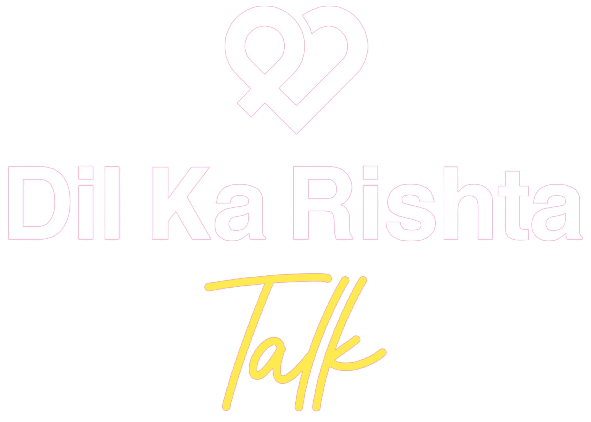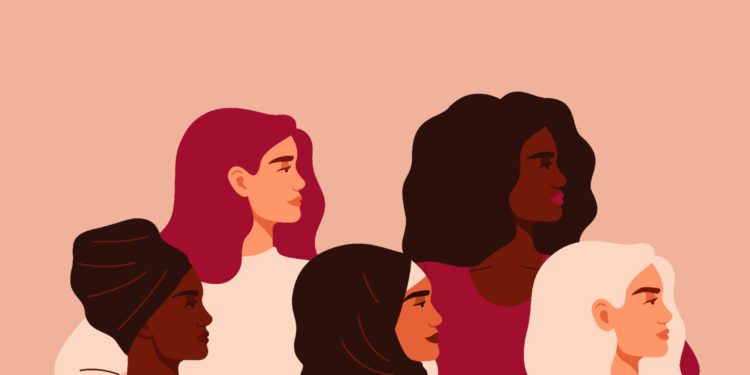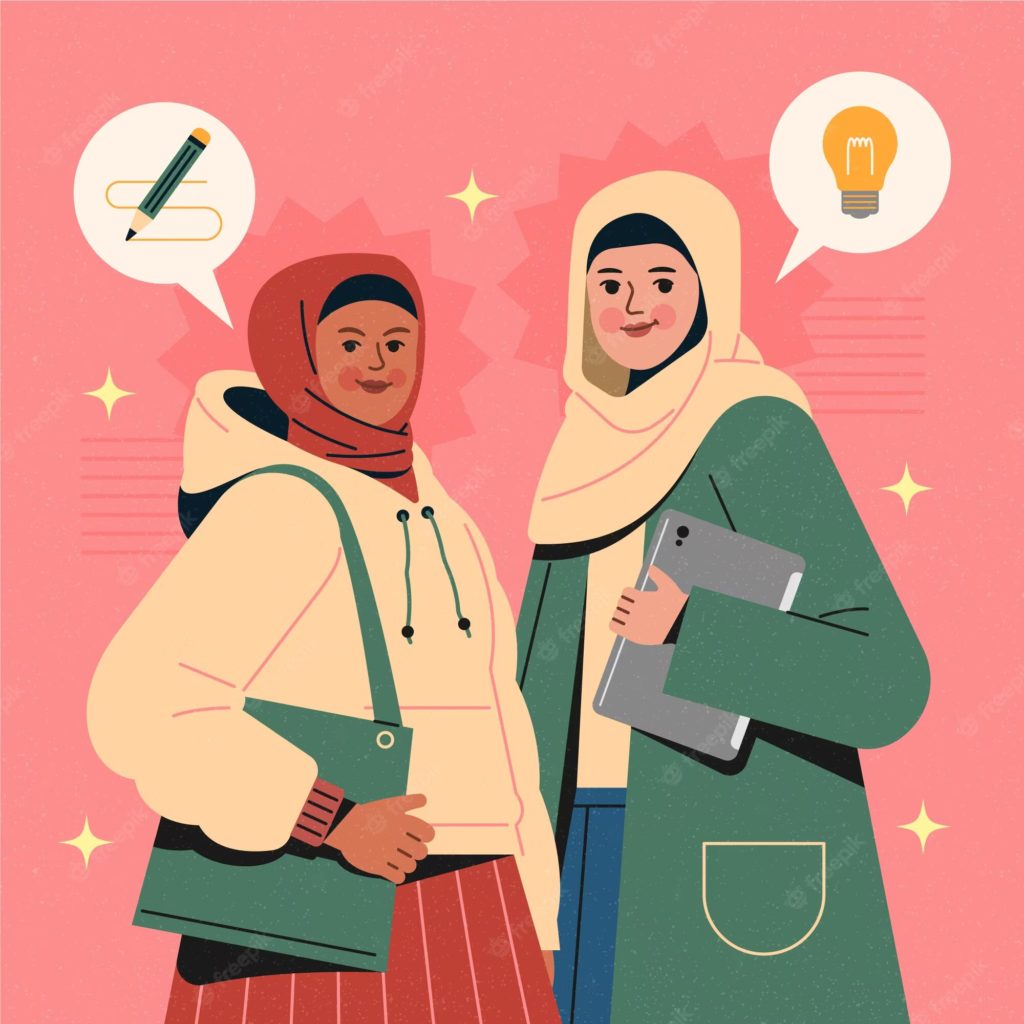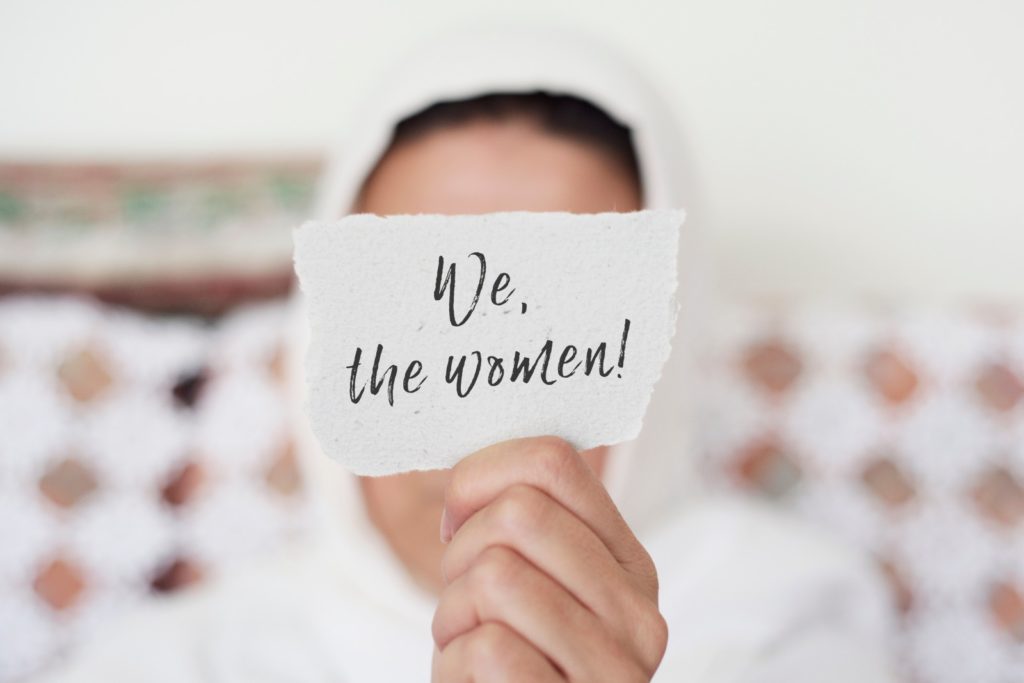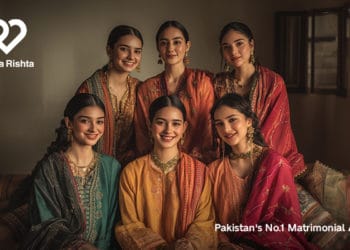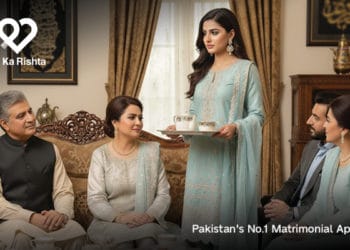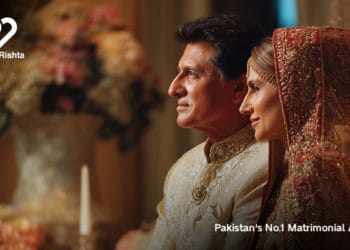Pakistan is a country of contrasts, where traditional values clash with modern beliefs. In such a society, women’s rights have long been neglected, and the feminist movement has struggled to gain momentum. However, in recent years, we’ve seen the emergence of liberal women who are breaking free from religious limitations and advocating for gender equality. This shift towards progressively-minded feminists has sparked debates about what it truly means to be a feminist in Pakistan today. Join us as we delve into why feminism in Pakistan is linked to women who are liberal beyond religious limitations!
In Pakistan, feminism is often linked to women who are liberal beyond religious limitations. This means that they do not necessarily conform to the traditional and religious roles and expectations of Pakistani women. They may challenge patriarchal norms and advocate for gender equality. This can be a controversial stance to take in a country where women are often seen as subordinate to men.

In a country where religion plays such a central role in society, this can be a very controversial topic. Although Islam promotes gender equality and women’s empowerment, the typical society doesn’t. The concept of feminism for the average Pakistani is someone who doesn’t want to abide by religion and lives a life beyond its limitations and restrictions.
Islam is a religion that believes in gender equality and the empowerment of women. It is a religion that recognizes the rights of women and gives them equal status with men. Islam also believes in the equality of all human beings, regardless of gender, race, or ethnicity. Islam teaches that all human beings are equal in terms of their origin, value, and destiny. Therefore, men and women are equal in the sight of Allah.
Islam also teaches that all humans are responsible for their own actions and should be treated equally in front of the law. Islam provides many rights to women, which include the right to education, the right to work, the right to own property, the right to vote, and the right to inherit, among others.
Islam also forbids violence against women and gives them the right to seek divorce if they are unhappy in their marriage. Muslims believe that empowering women and giving them equality will create a more just and peaceful world. Therefore, Muslim women continue to strive for gender equality and the empowerment of women everywhere.
In Islam, women and men are equal before Allah and are responsible for their own actions. Both genders have rights and responsibilities in Muslim societies, but there is a general consensus that gender roles should be complimentary, not identical. This does not mean that Islam oppresses women or that they are not capable of achieving equality; on the contrary, Islamic teachings promote equality between the sexes and the empowerment of women.
There are many examples of how Islam has empowered women throughout history. For instance, the Quran gives women the right to own property, work outside the home, and seek education. In addition, Muslim women in history have held positions of power and influence in government, business, and academia. And while there is still room for improvement when it comes to gender equality in Muslim-majority countries, it is important to remember that Islam does not inherently discriminate against women and does not necessarily points toward people who deny religious obligations – rather, it provides them with rights and opportunities that they may not otherwise have had. Although the perception has always been for the feminism is that it doesn’t abide by the religion, it is entirely wrong. All feminists wants is the basic rights that Islam has written and practiced in the history to empower women.

